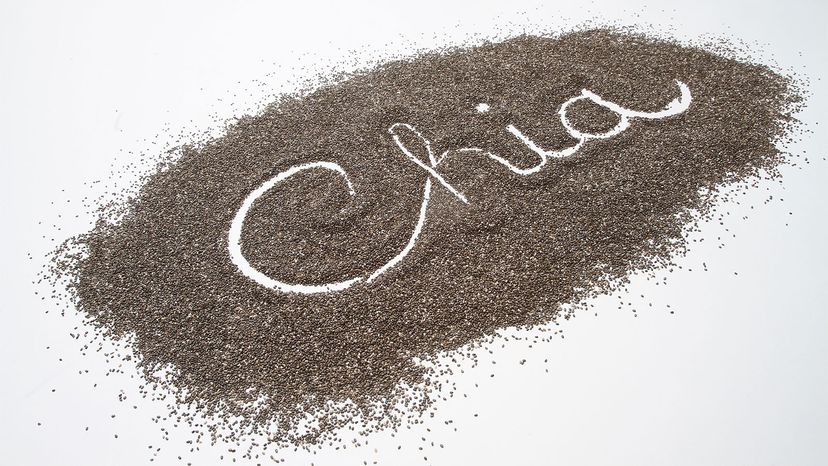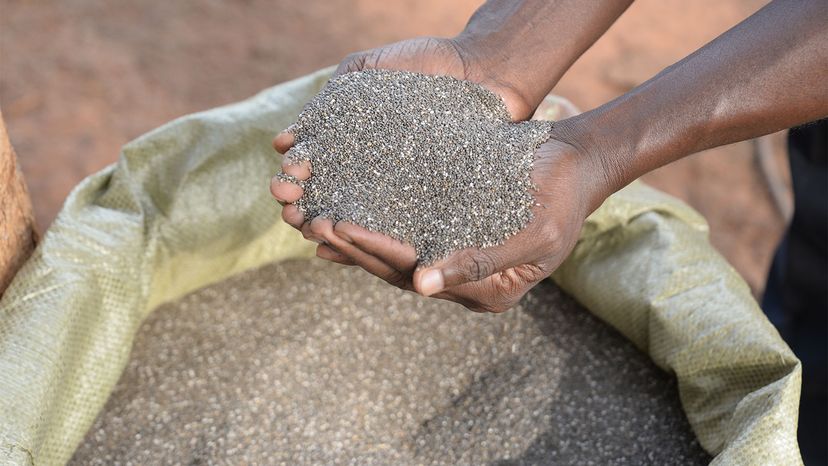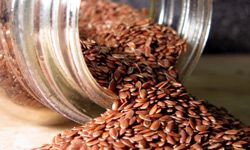
Is it possible for a tiny seed to be a nutritional heavy-hitter? If it's a chia seed, then yes!
Chia seeds (Salvia hispanica) are small — about 0.08 inches (2 millimeters) in diameter — but don't overlook them. These gray seeds, dappled with black and white spots, are on the superfood shortlist. A 1 ounce (28 grams, or two tablespoons) serving of chia seeds has 11 grams of fiber, 4 grams of protein and 9 grams of good-for-you fats.
Advertisement
But wait, there's more: That same serving gives you 30 percent of the recommended daily intake of magnesium and manganese, as well as 27 percent of the phosphorous and 18 percent of the calcium that adults need each day. Chia seeds also contain significant levels of zinc, vitamin B3 (niacin), potassium, vitamin B1 (thiamine) and vitamin B2.
"Given their vast array of nutritional, antioxidant and antimicrobial properties, chia seeds are more than good for you — they're incredible for you," says Lily Allen-Duenas, a vegan nutritionist and founder of the holistic health and wellness website, Wild Yoga Tribe. "The nutritional benefits of chia seeds are impressive."
Advertisement

